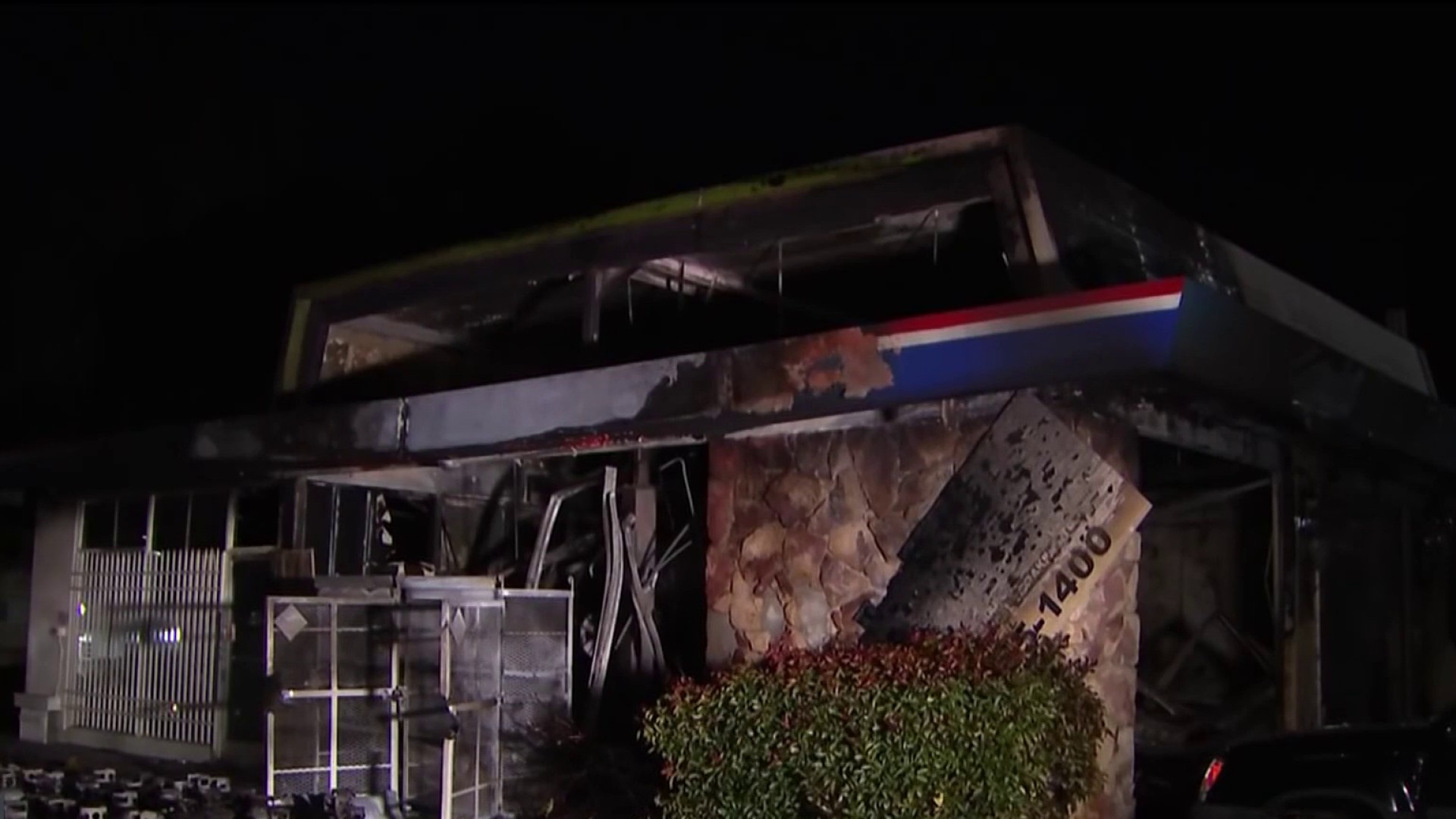When our health care workers start receiving their coronavirus vaccines this week, it will appear as if they’re getting any other shot in their upper arm.
But the technology used to develop the Pfizer vaccine, called messenger RNA, was approved by the Food and Drug Administration for the first time ever.
The mRNA vaccine is different because it doesn’t use the virus itself, like the flu shot, and is faster to make. Messenger RNA is piece of genetic code that instructs our cells to create a protein that then triggers an immune response.
Stanford infectious disease specialist Dr. Dean Winslow told NBC Bay Area the new technology makes it safer for people with compromised immune systems.
"It’s not really a virus that’s going to integrate in your own genome like HIV does or even a live virus that could potentially replicate in persons with compromised immune systems," Winslow said.
While Pfizer may be the first to get approval for an mRNA vaccine, scientists have been studying the technology for years. Cancer researchers have used mRNA to target specific cancer cells too.
The Moderna vaccine, which the FDA is considering for approval on Thursday, also uses messenger RNA.
Local
According to the Centers for Disease Control and Prevention, the mRNA technology cannot change our DNA because it doesn’t get into the nucleus of our cells. And once the proteins are created, our bodies get rid of those genetic instructions.
The new mRNA vaccines must meet the same FDA safety and effectiveness standards as all other vaccines in the U.S.



